Netflix's Chilling Miniseries 'Unbelievable' Was Inspired By Real Events
The limited series spells out the consequences of a botched sexual assault investigation.
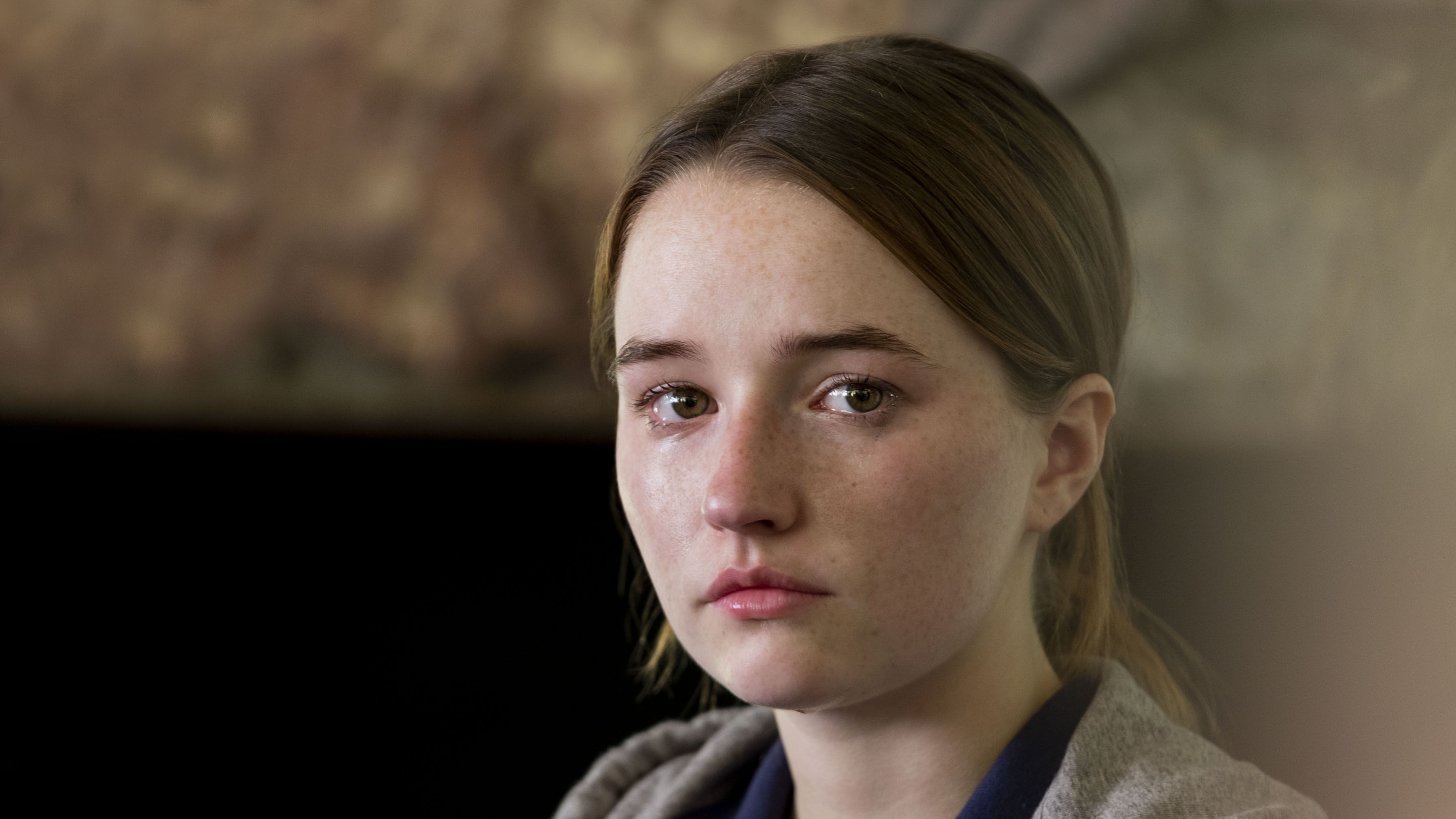
Spoilers for the Netflix series Unbelievable ahead. With Friday's release of the Netflix eight-part limited series Unbelievable, fans of television shows like True Detective and I Am the Night have another title to add to their watchlist. The latest Netflix offering, in the vein of the true-crime genre, takes its audience down a dark and winding path of a real-life sexual assault investigation that played out over the course of several years.
Unbelievable is a close television adaptation of a 2015 Pulitzer Prize-winning article called "An Unbelievable Story of Rape" by journalists T. Christian Miller and Ken Armstrong for American investigative site ProPublica about the troubling rape case involving a teenager in Lynwood, Washington.
When the teen (named Marie) first went to the police with her story in 2008, things quickly escalated. The more that the officers investigating the case prompted her to explain exactly what happened to her, the more difficult it was for Marie to keep the details of her story straight. Her inconsistent testimony, combined with inadequate physical evidence of the assault and what officers found to be an unconvincing reaction to the alleged attack, led to the police department dubbing the story as false. The officers pressured Marie for answers, and she broke, first saying that her rape was a dream and then that it was a complete lie made up because she wanted attention. She was subsequently charged with false reporting.
Facing potential jail time—giving a false statement to the police is a misdemeanor punishable with up to a year in jail and substantial fines—Marie took a deal offered by the Lynwood police department. As part of the deal, she would be required to undergo counseling, be under supervised probation for a year, and pay a hefty fine. The public shame of being branded a liar by the police and the people who knew her best, as well as the festering trauma from her brutal rape, left the 19-year-old feeling desolate and alone.
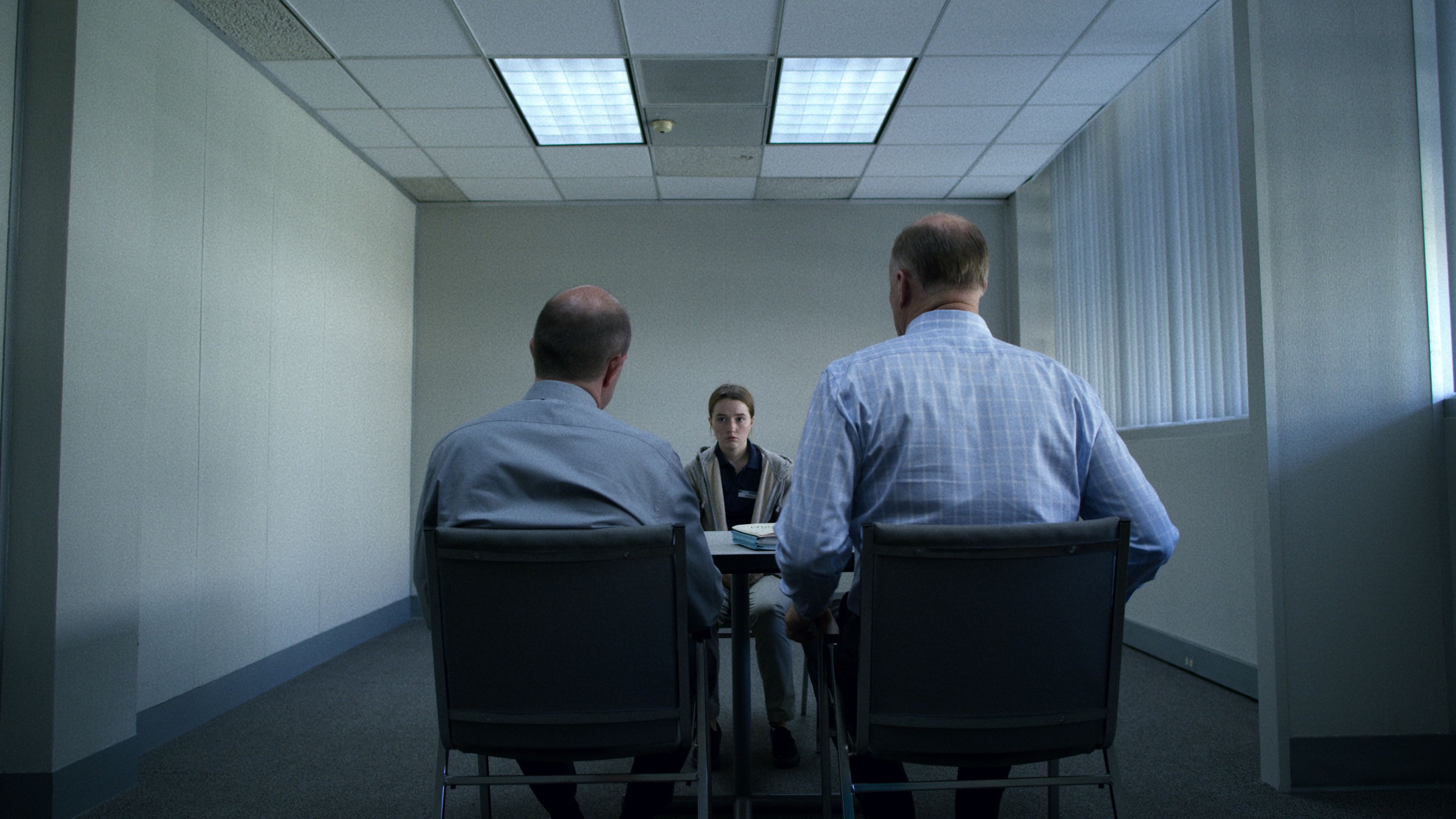
Around the same time in Denver, Colorado, Detective Stacy Gilbraith was hard at work investigating a number of rape cases in the area that she believed were committed by the same attacker. The assailant had a standard modus operandi: Wearing a black mask, tying his victims up, and threatening them with lewd pictures he'd taken of them. A passing conversation with her husband David, a fellow police officer working in the nearby town of Westminster, revealed to Detective Gilbraith that the testimonies of the victims almost exactly mirrored those of another woman in Westminster. Gilbraith teamed up with her husband's co-worker, Sergeant Edna Hendershot, to see if they could uncover a connection.
RELATED STORY

Gilraith and Hendershot spent thousands of hours poring over the evidence and picking apart their victims' statements to see how the cases were linked until they finally landed on a likely suspect: a 30-year-old Army veteran named Marc O'Leary. Ultimately, it was a distinctive birthmark on O'Leary's leg that gave him away, as described by one of his victims. He was charged with 28 counts of rape and related felonies in Colorado and sentenced to more than 300 years of prison for his crimes, never to see the light of day outside of a cell.

Among the damning evidence the detectives found in O'Leary's home was a photo of a teenager that Gilraith and Hendershot would later identify to be Marie. Marie herself wasn't notified of the news of her attacker's arrest and imprisonment until two years after her own attack, after she'd already fled Lynwood for Seattle in order to escape the stigma that followed her around town. She sued the city for her emotional distress and public humiliation and settled for $150,000.
Stay In The Know
Get exclusive access to fashion and beauty trends, hot-off-the-press celebrity news, and more.
Although it's more so a dramatization of the events of the Lynwood investigation rather than a straight-up documentary (Booksmart actress Kaitlyn Dever stars as Marie Adler in the film, and Toni Collette and Merritt Wever play the two female officers that relentlessly pursue the case and inadvertently clear Marie's name), Unbelievable is nonetheless a harrowing and incredibly timely story to share in the age of #MeToo. Rape culture creates a society in which violence against women is normalized and shoulders us with the responsibility of bearing the blame for our victimization, its insidious nature even creating bias in the minds of those whose job it is to serve and protect us. Marie's story provides a stomach-turning glimpse into the troubled state of our current criminal justice system in regards to its historical (mis)management of rape and sexual assault cases, telling the cautionary tale of what happens when the world refuses to believe women.
Unbelievable is now available for streaming on Netflix.
For more stories like this, including celebrity news, beauty and fashion advice, savvy political commentary, and fascinating features, sign up for the Marie Claire newsletter.
RELATED STORY
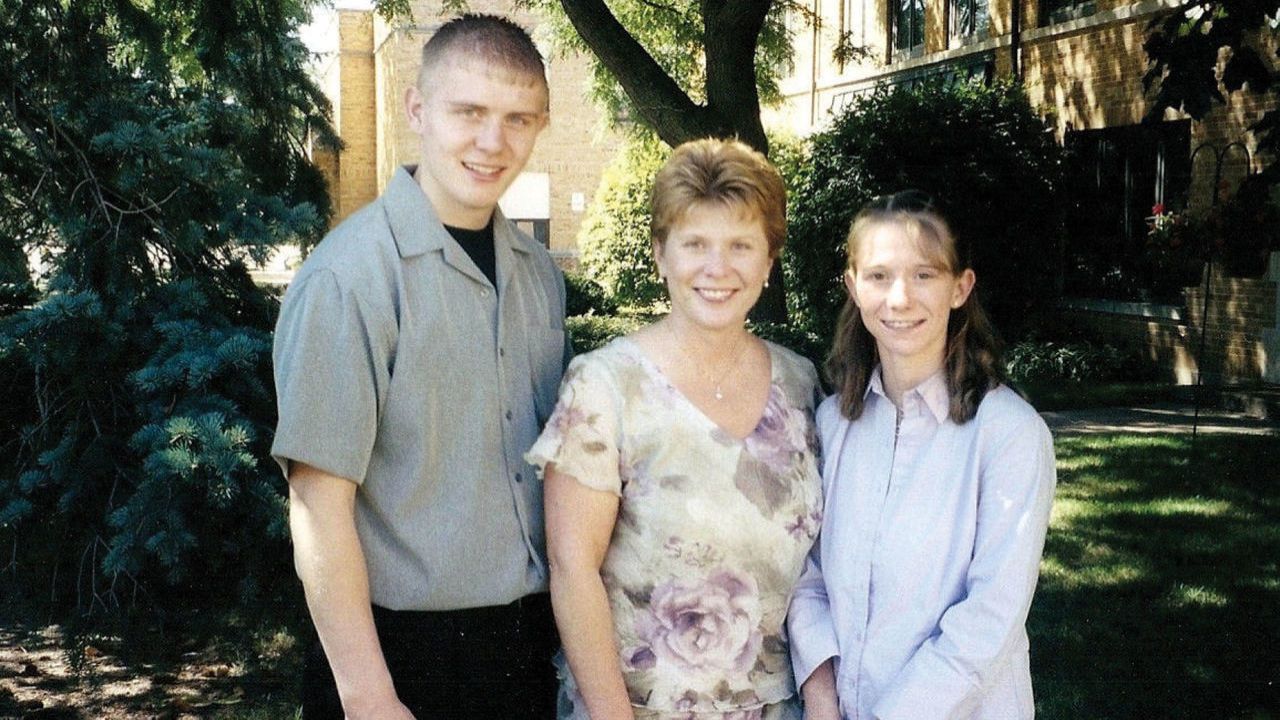
Lagos-born and Houston-raised, Ineye Komonibo is a writer and editor with a love for all things culture. With an academic background in public relations and media theory, Ineye’s focus has always been on using her writing ability to foster discourse about the deep cyclical relationship between society and the media we engage with, ever-curious about who we are and what we do because of what we consume. Most recently, she put her cultural savvy to work as a culture critic for R29 Unbothered, covering everything from politics to social media thirst to the reverberations of colorism across the African diaspora.
-
 Prince George Looks Just Like a Young Prince William During Fun Night Out with His Dad and Billionaire Godfather
Prince George Looks Just Like a Young Prince William During Fun Night Out with His Dad and Billionaire GodfatherThe 11-year-old joined his father and the Duke of Westminster for an exciting football match in Birmingham.
By Kristin Contino
-
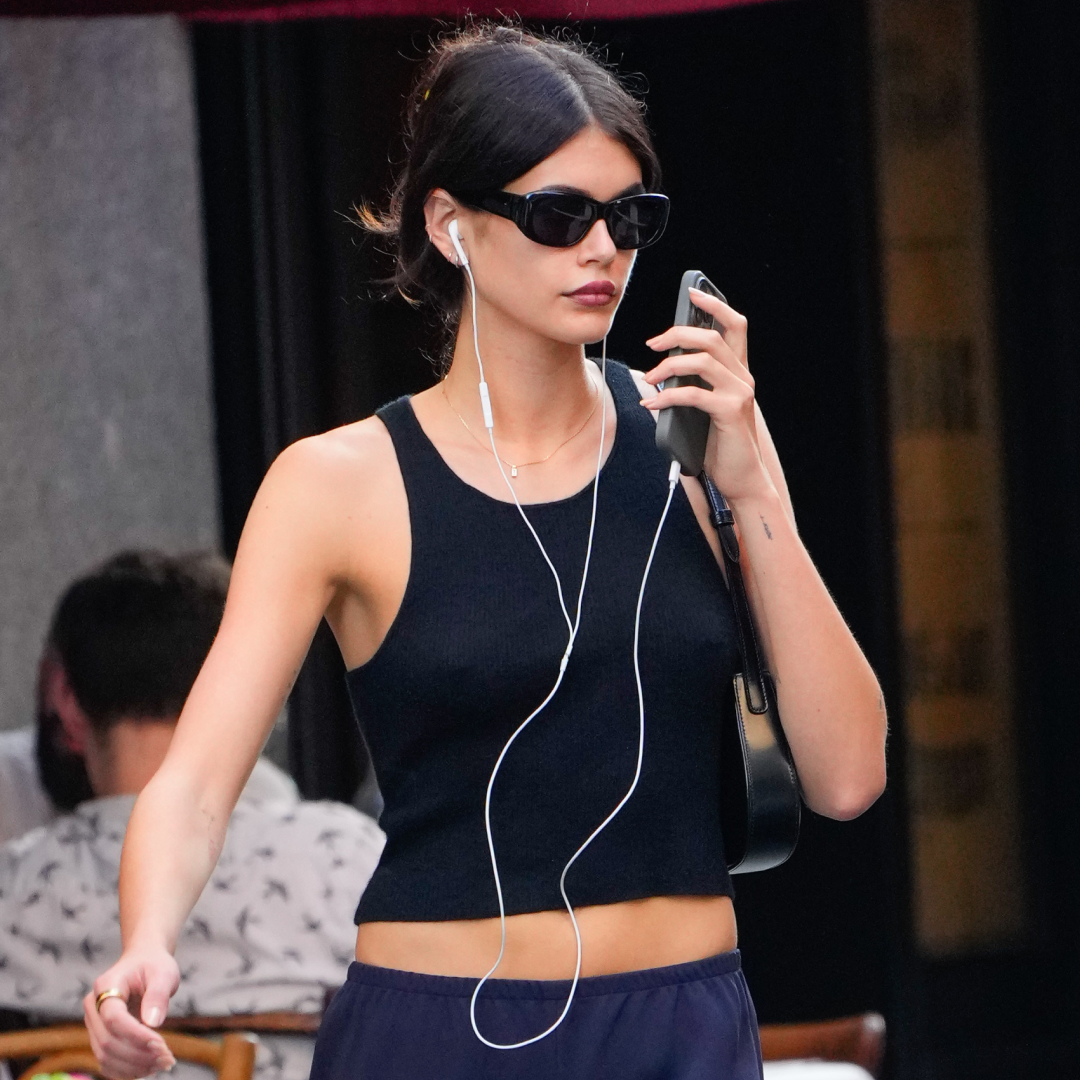 All the Fashion Girlies Are Trading High Heels for These $110 Ugg Slippers
All the Fashion Girlies Are Trading High Heels for These $110 Ugg SlippersThey're the key to red carpet recovery.
By Kelsey Stiegman
-
 10 Vacation Destinations Inspired by Beloved TV Shows
10 Vacation Destinations Inspired by Beloved TV ShowsWhether you're ready to experience life like the lords and ladies of 'Downton Abbey' or you're craving an 'Emily in Paris'-style adventure.
By Amy Mackelden
-
 What to Know About the 'North of North' Cast
What to Know About the 'North of North' CastThe new comedy follows a modern Inuk woman determined to transform her life.
By Quinci LeGardye
-
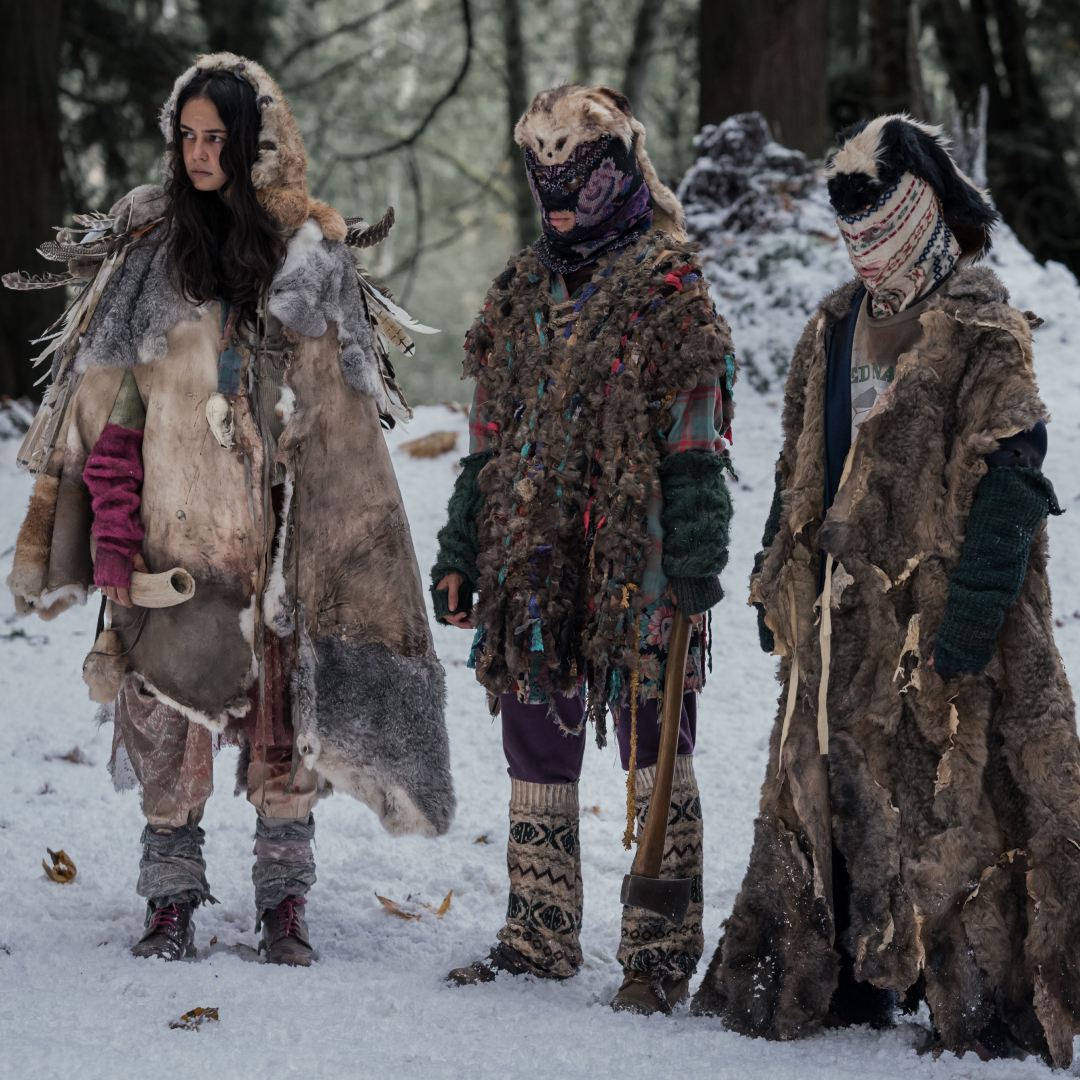 'Yellowjackets' Season 4: Everything We Know
'Yellowjackets' Season 4: Everything We KnowThe showrunners still have plans to show how the girls get out of the wilderness.
By Quinci LeGardye
-
 Meet the Cast of 'Resident Playbook'
Meet the Cast of 'Resident Playbook'The spinoff of the hit K-drama 'Hospital Playlist' features several young actors as first-year OB-GYN residents.
By Quinci LeGardye
-
 Where Are the Members of The Squad From 'Bad Influence: The Dark Side of Kidfluencing' Now?
Where Are the Members of The Squad From 'Bad Influence: The Dark Side of Kidfluencing' Now?The names in the Netflix docuseries have fallen out of touch with subject Piper Rockelle.
By Quinci LeGardye
-
 Where Is Piper Rockelle Now? What We Know About the Subject of 'Bad Influence: The Dark Side of Kidfluencing'
Where Is Piper Rockelle Now? What We Know About the Subject of 'Bad Influence: The Dark Side of Kidfluencing'The documentary examines a kidluencing empire and the lawsuit against it.
By Quinci LeGardye
-
 Who Won 'Million Dollar Secret?' All About Winner Cara Kies
Who Won 'Million Dollar Secret?' All About Winner Cara KiesHere's what to know about the In-N-Out line cook who took home the prize pot.
By Quinci LeGardye
-
 Sydnee Falkner Is More Than the 'Million Dollar Secret' Mean Girl
Sydnee Falkner Is More Than the 'Million Dollar Secret' Mean GirlThe reality star dishes on everything from her regrets and the finale to what you didn’t see on-screen in Netflix’s latest hit.
By Quinci LeGardye
-
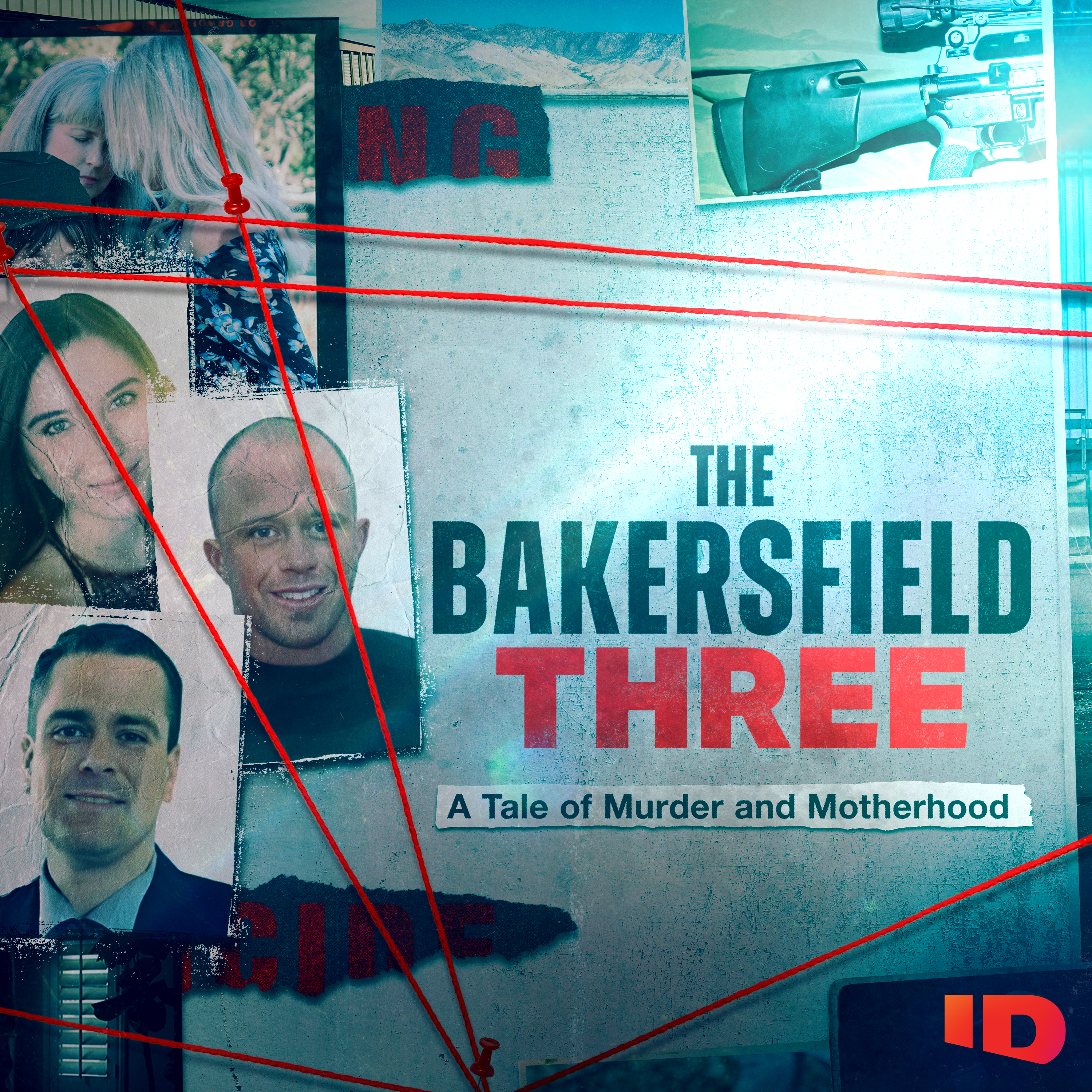 The Trailer for Must-Watch True Crime Docuseries 'The Bakersfield 3' Has Landed
The Trailer for Must-Watch True Crime Docuseries 'The Bakersfield 3' Has LandedIt's based on a 2022 story published in 'Marie Claire'.
By Iris Goldsztajn
